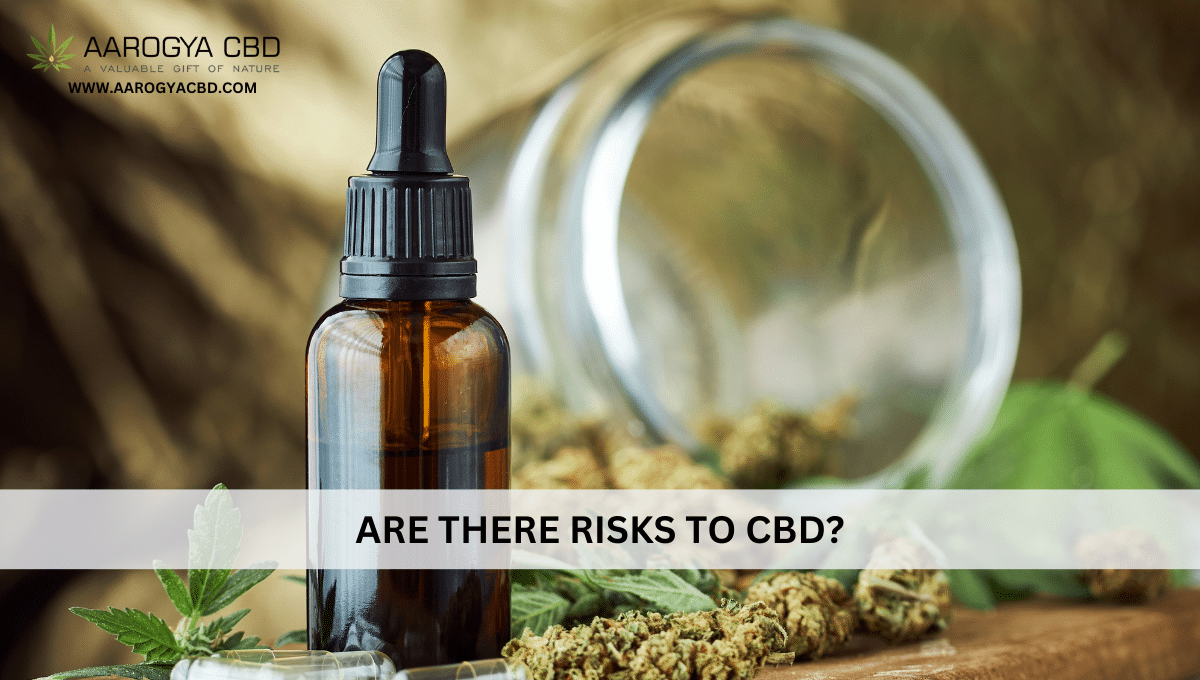While CBD is generally considered safe for most people, there are potential risks associated with its use. Some individuals may experience side effects such as dry mouth, fatigue, diarrhea or changes in appetite and weight. CBD can interact with certain medications, so it’s essential to consult a healthcare professional before using it, especially if taking prescription drugs. Additionally, the CBD market is relatively unregulated, leading to the risk of purchasing low-quality or mislabeled products.
What You Need to Know
The ability health blessings of CBD, or cannabidiol, have attracted quite a little interest in recent years. CBD has been advertised as a natural remedy for loads of situations, from supporting anxiety and pain control to decreasing seizures in kids with epilepsy. However, as with every supplement or remedy, there are ability risks and aspect effects to take into account One vital aspect to be aware of is the capability interaction between CBD and certain medicinal drugs. Are there dangers to CBD and medicine interactions? The short solution is sure. It’s essential to look at a healthcare company before the use of CBD due to the fact it could intrude with some prescription medications. We will find out about the ability risks of CBD and medication interactions on this weblog, in addition to the belongings you want to understand to make certain the secure and powerful use of CBD.
Understanding How CBD Works within the Body
To fully appreciate the nuances of CBD interactions with medications, it is critical to apprehend how CBD functions inside the frame. CBD exerts its results frequently via its interaction with the endocannabinoid system (ECS), a complex mobile-signaling gadget diagnosed in the early 1990s that plays a position in regulating a whole lot of functions and techniques, including sleep, mood, urge for food, and memory.
The ECS accommodates cannabinoid receptors located in the course of the frame, endocannabinoids that the body produces certainly to spark off those receptors, and enzymes that help ruin down endocannabinoids. CBD impacts this device no longer by directly binding to the number one cannabinoid receptors (CB1 and CB2) within the way that THC does, but by improving the body’s herbal endocannabinoids and altering the hobby of different styles of receptors, like serotonin receptors.
Understanding Its Interactions and Risks
This indirect method can lead to CBD’s healing outcomes inclusive of reduced tension and progressed pain control. However, this interaction with the frame’s biochemistry also raises the potential for CBD to affect the metabolism of diverse capsules by way of the liver, leading to the question: Are there dangers to CBD on the subject of how it may modify the effectiveness or awareness of other medicinal drugs within the frame? This complexity underscores the importance of understanding CBD’s function within the ECS and its potential to interact with medications.

